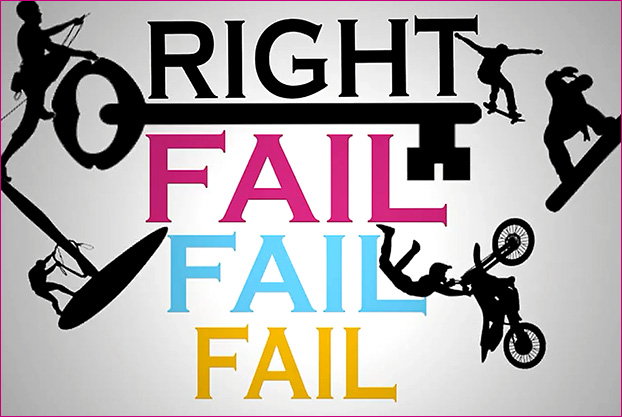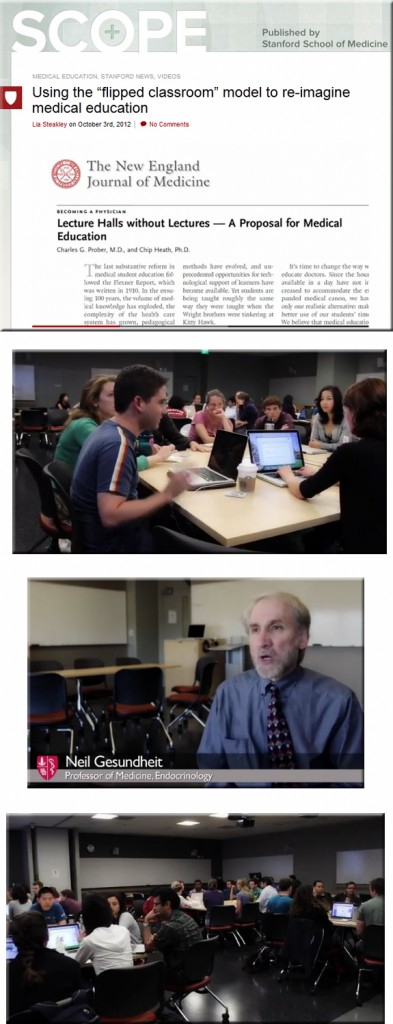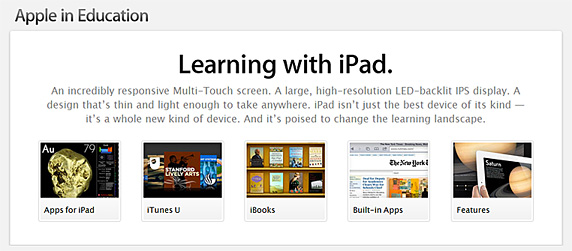A warning to college profs from a high school teacher — from washingtonpost.com by Kenneth Bernstein
For more than a decade now we have heard that the high-stakes testing obsession in K-12 education that began with the enactment of No Child Left Behind 11 years ago has resulted in high school graduates who don’t think as analytically or as broadly as they should because so much emphasis has been placed on passing standardized tests. Here, an award-winning high school teacher who just retired, Kenneth Bernstein, warns college professors what they are up against. Bernstein, who lives near Washington, D.C. serves as a peer reviewer for educational journals and publishers, and he is nationally known as the blogger “teacherken.” This appeared in Academe, the journal of the American Association of University Professors.
Excerpt:
Where do I begin? I spent the last thirty minutes listening to a group of arrogant and condescending noneducators disrespect my colleagues and profession. I listened to a group of disingenuous people whose own self-interests guide their policies rather than the interests of children. I listened to a cabal of people who sit on national education committees that will have a profound impact on classroom teaching practices. And I heard nothing of value. “I’m thinking about the current health-care debate,” I said. “And I am wondering if I will be asked to sit on a national committee charged with the task of creating a core curriculum of medical procedures to be used in hospital emergency rooms.”
The strange little man cocks his head and, suddenly, the fly on the wall has everyone’s attention.
“I realize that most people would think I am unqualified to sit on such a committee because I am not a doctor, I have never worked in an emergency room, and I have never treated a single patient. So what? Today I have listened to people who are not teachers, have never worked in a classroom, and have never taught a single student tell me how to teach.”
From DSC:
I remember one of my first coaches saying, “always change a losing game. Never change a winning game.” Standardized tests = a losing game.














![SmartClass2025-Heppell-11-2011 Smart Class 2025: How to make classrooms engaging [Heppell]](http://danielschristian.com/learning-ecosystems/wp-content/uploads/2011/11/SmartClass2025-Heppell-11-2011.jpg)


